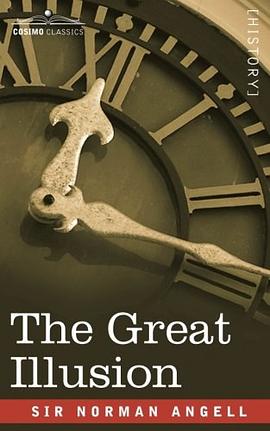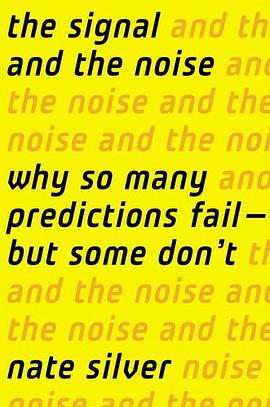The Great Illusion 豆瓣
作者:
Sir Norman Angell
Cosimo Classics
2007
- 11
First published in 1909, The Great Illusion sets out to answer one of the greatest questions in human history: Why is there war? Specifically, Angell wishes to discuss why there is war between the countries of Europe, which seem to always be at one another's throats. Angell refutes the belief that military power results in greater wealth and instead proposes that advanced economies based on trade and contract law can only generate value in the absence of military upset. War destroys any wealth that conquerors may have wanted to obtain, making the whole enterprise pointless. A deep understanding of this would, then, end the need for war. Students of history, political science, and peace studies will find much to ponder and much to argue with in this classic text. British journalist and politician SIR RALPH NORMAN ANGELL (1872-1967) was an executive for the World Committee against War and Fascism and a member of the executive committee of the League of Nations Union. Knighted in 1931, he was awarded the Nobel Peace Prize in 1933. From 1905 to 1912, he was the Paris editor for the Daily Mail, and served as a Labour MP from 1929 to 1931. He is also the author of Peace Theories and the Balkan War and The Fruits of Victory.

